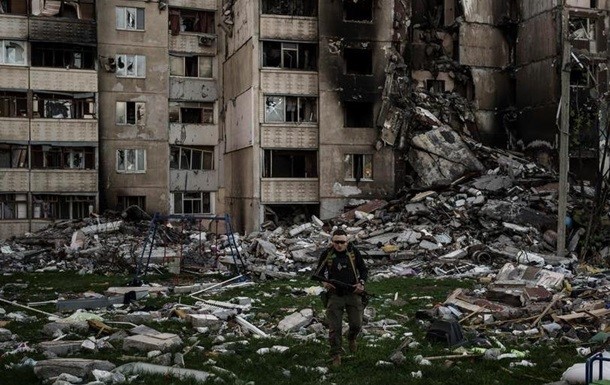
(short story)
Every morning, I wake up to the soft chirping of birds outside my window. Their melodies are meant to bring peace, but for me, they underscore a growing worry. As the world outside my window awakens, my thoughts turn inward, focusing on the pressing issue of the Russian-Ukrainian war, destruction, climate change and its relentless march towards an uncertain future.
Mass destruction and climate change are no longer a distant threat. It’s here, palpable and urgent. The rising temperatures, increasingly erratic weather patterns, and the gradual loss of biodiversity keep me up at night. These changes are happening faster than scientists predicted, and the consequences are becoming more severe with each passing year. My mind often drifts to the images of polar bears stranded on shrinking ice floes, forests ablaze, and entire ecosystems on the brink of collapse.
One particular aspect that gnaws at me is the impact on future generations. I think about the children who will inherit this planet and the kind of world they will grow up in. Will they have clean air to breathe, fresh water to drink, and green spaces to explore? Or will they be forced to navigate a landscape marred by anti-personal bombs, pollution, scarcity, and extreme weather events?
My concern isn’t just for the natural world, but also for the social implications. The uncontrolled and bloody war as well as climate change belong to justice issues. They disproportionately affect the most vulnerable communities, those who have contributed the least to the problem yet suffer the most. I worry about the increasing number of Ukrainian refugees—people forced to leave their homes due to dangerous and uninhabitable conditions. These displacements create ripples of instability, affecting economies, political systems, and social structures worldwide.
In my daily life, I try to make choices that reflect my concerns. I meditate and volunteer, reduce and reuse, recycle and help. I opt for public transportation and support sustainable businesses. But these individual actions, though important, often feel like drops in an ocean of need. The real change, I believe, must come from collective action and systemic reform. Governments and corporations hold the power to enact policies that can make a significant difference. Yet, the pace of their actions is frustratingly slow, often hampered by political interests and economic gain.
Educating others about the respect for International Law and the urgency of climate actions is another way to channel my worry. I talk to friends and family, share articles, and participate in local volunteer and environmental groups. It’s heartening to see a growing awareness and activism, especially among young people. They bring a sense of hope and urgency that is essential for driving change.
However, it’s not all bleak. There are signs of progress and innovation that offer a glimmer of hope. Renewable energy sources are becoming more efficient and widespread. Advances in technology are providing new ways to combat climate issues, from carbon capture to sustainable agriculture. These developments remind me that human ingenuity can rise to meet even the most daunting challenges.
Yet, amidst these efforts, my worry persists. It’s a silent undercurrent to my days, a reminder that the work is far from over. It motivates me to keep pushing, to stay informed, and to continue advocating for a better future. The road ahead is long and uncertain, but it’s a journey we must undertake with determination and solidarity.
As the birds continue their morning song, I take a deep breath and resolve to face the day’s challenges. The worry remains, but so does my commitment to being part of the solution. Together, we can strive for a world where all wars will be stopped, where both nature and humanity can thrive in harmony.

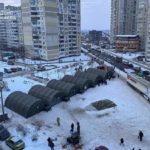


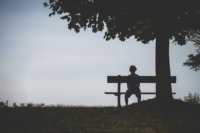










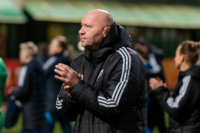







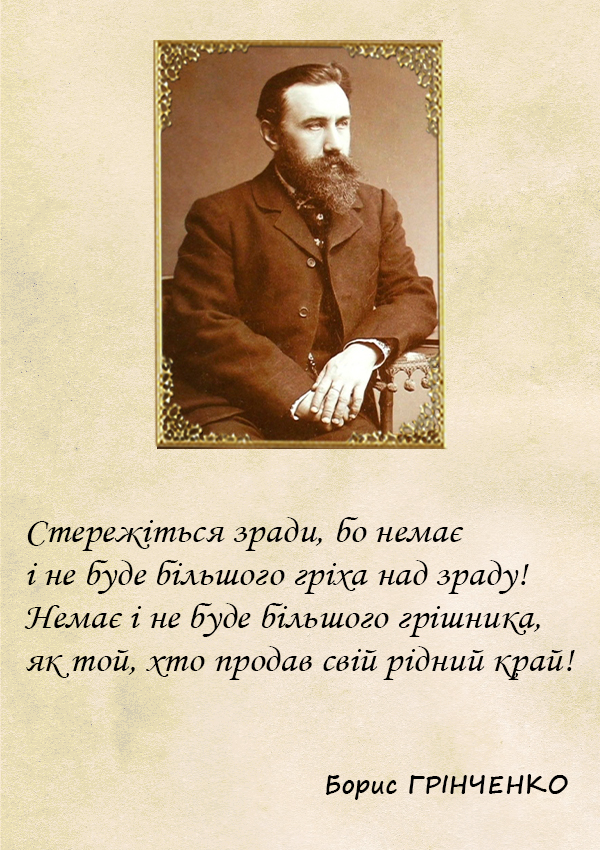


































Залишити відповідь